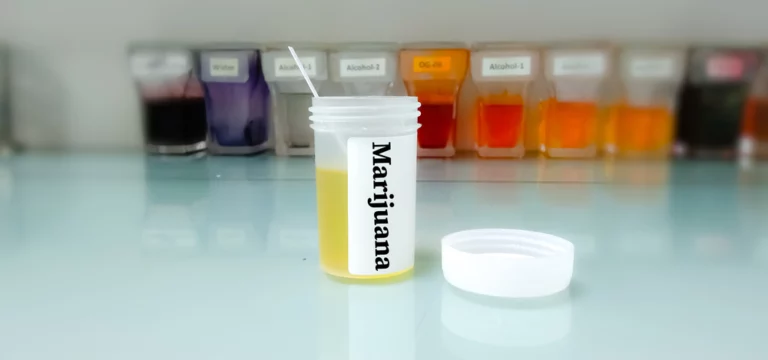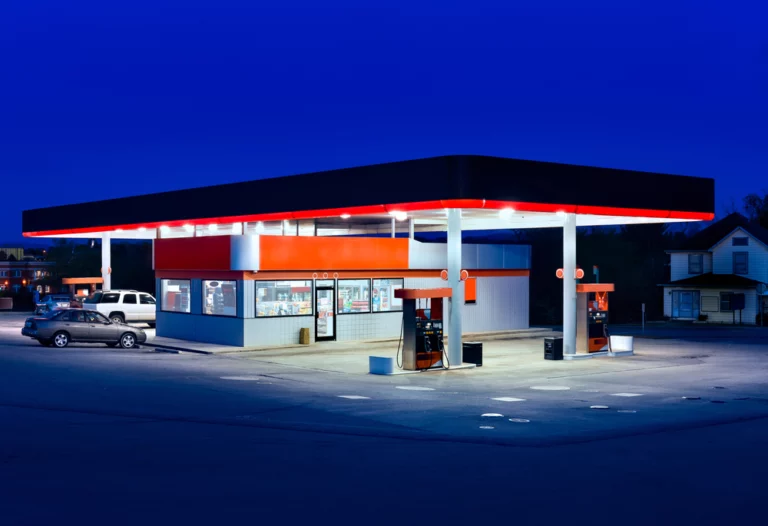Rehab for Teens: Finding a Path to Sobriety
Growing up is tough, and teenagers trying to navigate emotions, peer pressure, and impending adulthood often find themselves trying drugs and alcohol – either as experimentation or because they are pressured or stressed. The National Center for Drug Abuse Statistics reported that 87.5% of teens surveyed in Kentucky had used marijuana and 9.67% had used alcohol in the month prior to the survey.
When used in excess, teens can develop an addiction to drugs and alcohol – requiring intervention. Sometimes, Kentucky teens must attend facilities for addiction treatment. These rehabs for teens offer structured programs that assist in achieving long-term sobriety.

What is an Addiction Rehab for Teens?
Drug and alcohol rehabilitation for teens, commonly referred to as teen rehab, is a specialized form of treatment tailored to address the unique needs and vulnerabilities of adolescents struggling with substance abuse issues. Unlike adult rehabilitation programs, teen rehab places significant emphasis on developmental factors, psychological maturation, and social influences that contribute to addictive behaviors.
Teen rehab facilities provide a structured environment where adolescents receive comprehensive care and combine medical, psychological, and educational components. These facilities offer a safe haven where teens can break free from the cycle of substance abuse, receive professional support, and acquire coping skills essential for long-term recovery.
What is Treated at a Rehab for Teens?
Teen rehab programs address many substance abuse issues found among teens, including alcohol, marijuana, prescription medications, and illicit drugs. Beyond addressing the immediate symptoms of substance abuse, these programs delve into the underlying factors contributing to addictive behaviors.
Common issues treated in teen rehab include:
- Substance Dependency: Teens struggling with substance dependency require specialized interventions to overcome physical and psychological cravings while learning healthy coping mechanisms.
- Co-occurring Disorders: Many adolescents battling substance abuse also contend with mental health disorders such as depression, anxiety, or trauma. Comprehensive treatment approaches address both substance abuse and co-occurring mental health conditions concurrently.
- Family Dynamics: Family therapy plays a pivotal role in teen rehab, as familial relationships and dynamics significantly influence an adolescent’s substance abuse patterns. Family therapy sessions facilitate open communication, rebuild trust, and foster a supportive environment crucial for long-term recovery.
- Education and Life Skills: Teen rehab programs often incorporate educational components aimed at enhancing academic performance and equipping adolescents with essential life skills necessary for future success.

Different Teen Rehab Treatment Modalities
Teen rehab facilities utilize a variety of therapeutic modalities tailored to meet the diverse needs of teens needing rehabilitation. Some common modalities include:
- Cognitive-Behavioral Therapy (CBT): CBT helps teens identify and modify negative thought patterns and behaviors associated with substance abuse. Through CBT, adolescents learn effective coping strategies and develop healthier ways of managing stress and triggers.
- Motivational Interviewing: This client-centered approach aims to enhance an adolescent’s intrinsic motivation to change by exploring ambivalence and fostering self-awareness. Motivational interviewing empowers teens to set goals, explore their values, and commit to positive behavioral changes.
- Group Therapy: Group therapy sessions provide adolescents with a supportive peer network where they can share experiences, gain insight, and offer mutual encouragement. Group therapy fosters a sense of belonging and community, reducing feelings of isolation often experienced during recovery.
- Art and Expressive Therapies: Creative modalities such as art therapy, music therapy, and expressive writing offer alternative avenues for adolescents to process emotions, explore identity, and communicate feelings non-verbally. These modalities promote self-expression, emotional regulation, and stress relief.
- Mindfulness and Meditation: Mindfulness practices teach teens to cultivate present-moment awareness, acceptance, and nonjudgmental attitudes toward their thoughts and emotions. These techniques help adolescents manage cravings, reduce impulsivity, and develop resilience in the face of challenges.
Benefits of Seeking Sobriety as a Teen
The decision to seek sobriety as a teenager has benefits that extend far beyond the teen years. Embracing a sober lifestyle during adolescence sets the stage for a brighter, healthier future in adulthood. Some key advantages include:
- Preventing Long-Term Consequences: Early intervention through teen rehab mitigates the risk of long-term physical, psychological, and social consequences associated with substance abuse. By addressing addictive behaviors during adolescence, individuals can avoid the detrimental impact on brain development, academic performance, and interpersonal relationships.
- Enhancing Brain Development: Adolescence marks a critical period of neurodevelopment characterized by significant changes in brain structure and function. Substance abuse during this vulnerable stage can disrupt normal brain development, impair cognitive function, and hinder academic achievement. Seeking sobriety allows adolescents to safeguard their brain health and optimize cognitive functioning.
- Building Healthy Coping Skills: Adolescents who undergo teen rehab acquire essential coping skills necessary for navigating life’s challenges without resorting to substance abuse. By learning healthy coping mechanisms, teens develop resilience, emotional regulation, and problem-solving abilities vital for success in adulthood.
- Fostering Positive Relationships: Sobriety cultivates meaningful connections and fosters positive relationships with peers, family members, and the broader community. By abstaining from substance use, adolescents can establish trust, communication, and mutual support within their social networks, laying the foundation for fulfilling relationships in adulthood.
- Pursuing Academic and Career Goals: Sobriety opens doors to academic and career opportunities that may otherwise be hindered by substance abuse. With a clear mind and focused determination, adolescents can pursue their educational aspirations, embark on career paths, and achieve their full potential in adulthood.
Choosing a Drug and Alcohol Rehab for Teens
A drug and alcohol rehab for teens offers a lifeline to adolescents who struggle with substance abuse, providing them with the tools, support, and guidance necessary to embark on the journey to sobriety. By addressing the intricate issues underlying addictive behaviors and empowering adolescents to embrace a sober lifestyle, teen rehab paves the way for a brighter, healthier future. Investing in early intervention and fostering a supportive environment for adolescents to thrive transforming individual lives.If you or a teen you love is struggling with drug or alcohol addiction, Louisville Recovery Center is here to help. Our rehab for teens provides the support and encouragement needed to go the extra mile for long-term sobriety.







